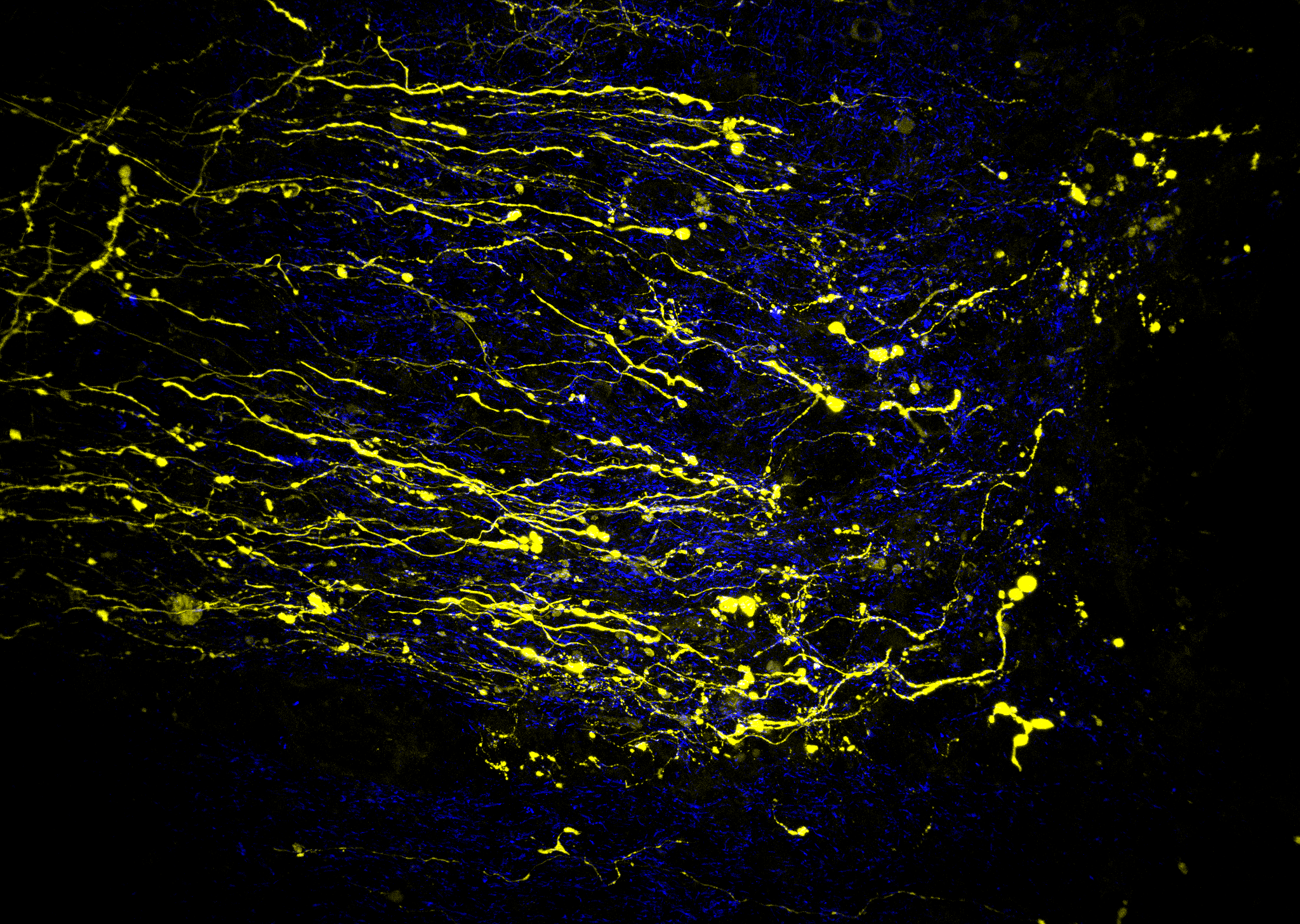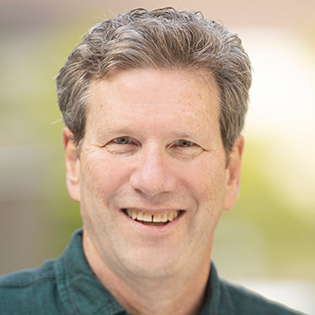Neural Plasticity for Rehabilitation
Motor deficits severely impact the quality of life of people with damage to the brain and spinal cord, yet current treatments produce limited improvements in movement abilities. Although the body’s natural recovery processes after injury do not cause spared neural pathways to achieve their fullest potential for restoring function, substantial behavioral gains can be achieved with small but opportune changes in cortical and spinal organization. We are investigating strategies for inducing plasticity in normal and lesioned motor systems using activity-dependent, targeted, electrical and optical stimulation and delivery of neuromodulators and neurotrophins. Our goal is to develop neuroprosthetic therapies that exploit the nervous system’s capacity for plastic rewiring to improve motor function after stroke, traumatic brain and spinal cord injury.
In addition, we are interested in interdisciplinary, collaborative approaches to facilitate neural regeneration in corticospinal pathways after spinal cord injury. We are currently using neural cell cultures to understand activity-dependent mechanisms of neurite growth and synaptogenesis.
Our current work on neural plasticity builds on our experience studying the neural mechanisms of voluntary hand and arm movements. Primates generate an incredibly varied repertoire of motor behaviors. We have elucidated principles of cortical and spinal information processing that accomplish flexible, coordinated motor control in non-human primates.
Our lab uses neurophysiological, behavioral, anatomical, computational, and genetic techniques in studies in rodents and non-human primates. We have active collaborations with cell and gene biologists, neurosurgeons, and engineers designing devices for brain-computer interfaces.


